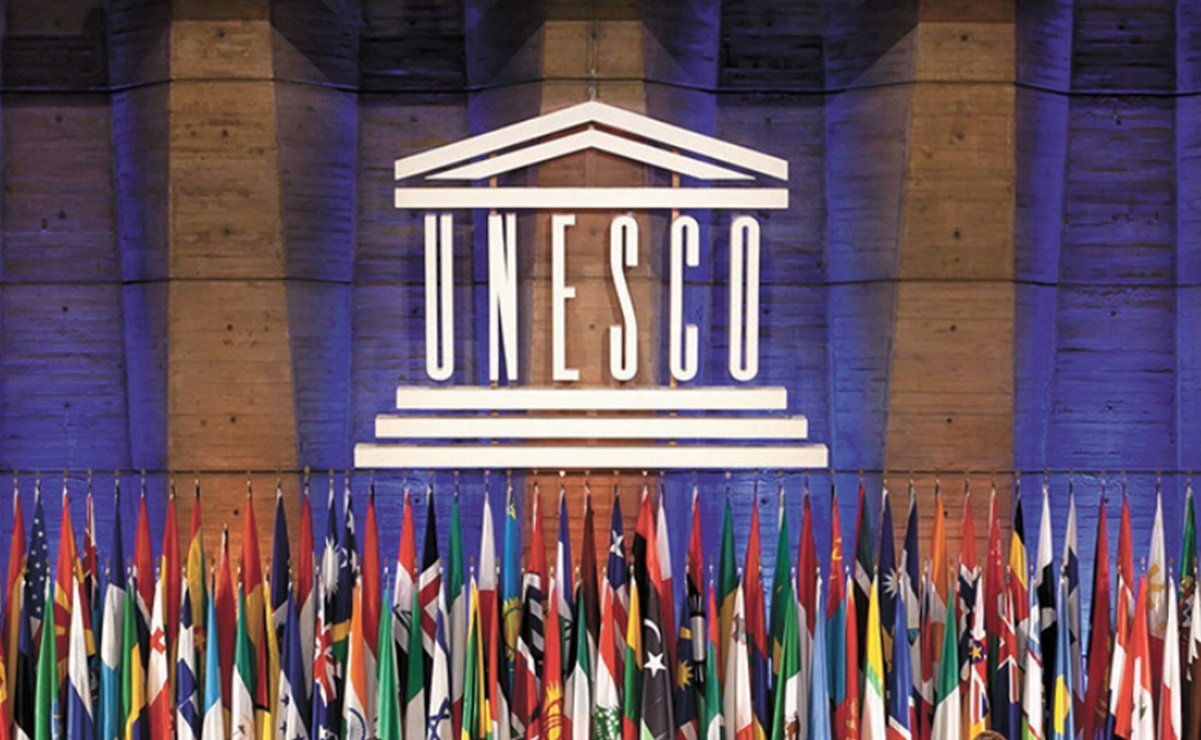While AI technology has extraordinary value and potential for social and economic development, artificial intelligence poses complex and unique challenges for policy makers. AI raises serious concerns about bias, stereotypes and discrimination. Increasingly, both public and private disciplines make decisions based on AI-generated analytics. UNESCO wants AI to be developed in a way that guarantees fair results.
The recommendations included provisions to prevent real-world prejudices from being duplicated online, and provided concrete policies based on universal values and principles. UNESCO also requires that countries analyze their progress levels in the field of AI in order to support them in implementation phase.
Twenty-four key experts from around the world contributed to this text, ensuring a broad, comprehensive and diverse range of recommendations. It was developed through a global consultation process that includes different opinions from different stakeholders around the world. UNESCO is ready to work with its members and partners to ensure that this recommendation provides a strong ethical foundation for AI that benefits people.
UNESCO’s activities in the field of artificial intelligence extend to standard setting, policy advice and capacity building. As part of this work, UNESCO has published guidance for policy makers in the areas of AI and education, developed training for young people on artificial intelligence and human rights, and by early 2022, more than 2,000 judiciary around the world. We will train authorities on AI and the rule of law. UNESCO’s 193 member states are also ready to adopt AI ethics recommendations at the organization’s General Assembly in November. The draft is the result of extensive global consultation on the concerns it raises.




